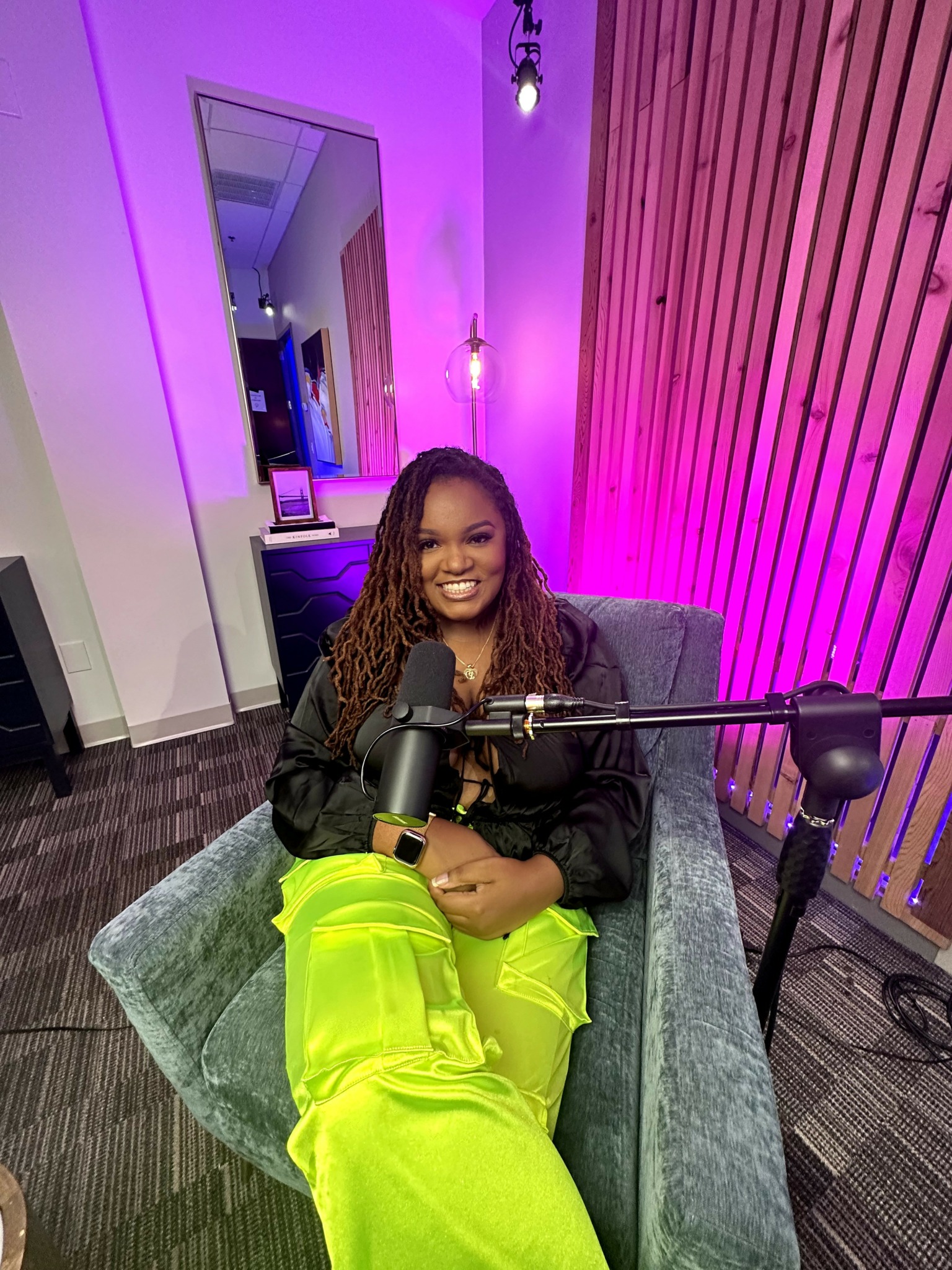We’re excited to introduce you to the always interesting and insightful Zaira Campos. We hope you’ll enjoy our conversation with Zaira below.
Zaira , thanks for taking the time to share your stories with us today We’d love to hear about a project that you’ve worked on that’s meant a lot to you.
One of the most meaningful projects I’ve worked on is my podcast, Adoptees Crossing Lines. I created it as a space to speak the truths many of us were never allowed to say, to challenge the dominant narrative around adoption and expose the harm of the family policing system. As a Black queer adoptee I was tired of being expected to smile through my own erasure. This podcast was born out of grief, anger, and the deep need to connect with similar lived experience.
It has become so much more than just a creative outlet. It is an act of resistance, an archive of our stories, and a space for collective truth telling. A recent example that made me feel the depth of what this work really means was attending the Black Mothers March in DC. I attended with my editor and afterwards we recorded an episode reflecting on the weight of that weekend, the grief, the rage, the love, and the clarity that abolition is the only way forward. The march takes place every year on Mother’s Day in solidarity with those who have had their children stolen by the system and don’t have the privilege of spending that day with them. It is both a protest and a mourning space, a reminder that for many, Mother’s Day is a site of pain, not celebration.
That episode was hard to record, but it felt like everything the podcast stands for. Documenting history. Amplifying voices that are silenced. Making space for people to process, to mourn, to build. It reminded me that storytelling is survival. And it reminded me why I started this in the first place.
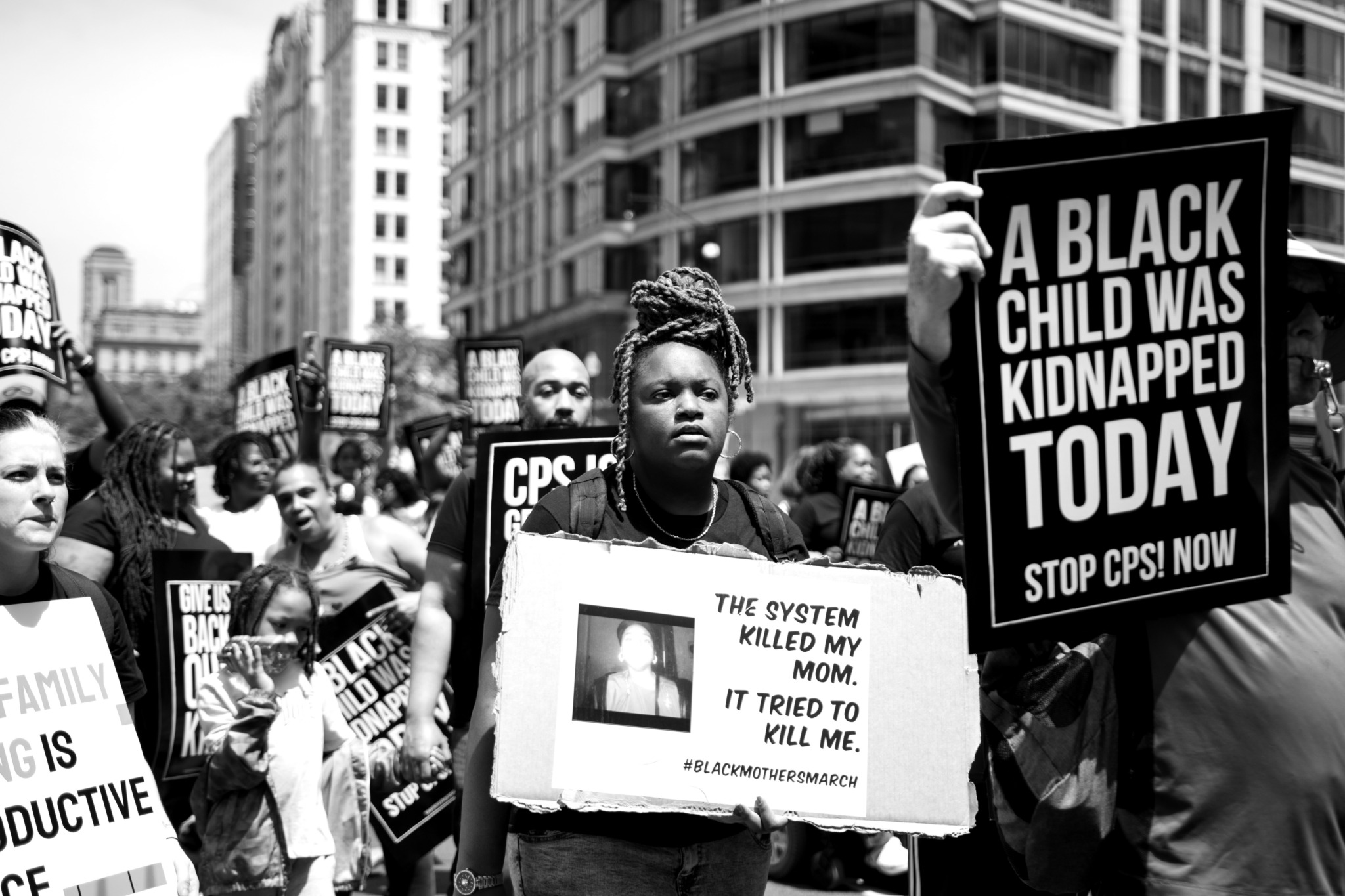
As always, we appreciate you sharing your insights and we’ve got a few more questions for you, but before we get to all of that can you take a minute to introduce yourself and give our readers some of your back background and context?
My name is Zaira Campos, and I am the creator and host of Adoptees Crossing Lines, a podcast that examines adoption, family separation, and other carceral systems through an unapologetically abolitionist lens. My background in videography, photography, and digital storytelling, including live multi camera production laid the groundwork for launching Adoptees Crossing Lines and growing it into a platform rooted in truth telling, connection, and community. I grew up repeating the glossy narratives told about adoption because, like many of us, I was taught that straying from them meant being ungrateful—or worse, being unworthy of love or belonging.
The podcast offers long form interviews, critical analysis, and personal reflection that center adoptees and system impacted people as experts of their own lives. I also create resources, digital media toolkits, and lead workshops and panels that help listeners turn knowledge into action, whether that means advocating for policy change, finding community care, or simply feeling less alone. One of the campaigns I supported through social media toolkit design was Stolen Children’s Month, created by Ashley Albert, which centers families separated by the state. Collaborating on this kind of work has shown me how storytelling can be a bridge between education and mobilization.
What sets my work apart is that it is rooted in lived experience and grounded in political clarity. This isn’t theoretical for me. I speak from personal experience and in solidarity with others who are directly impacted by adoption and family separation. My audience includes adoptees, birth/first parents, foster care survivors, and those organizing toward abolitionist futures. I’m most proud that the podcast has reached over 18,000 downloads across more than 80 countries, helping build a global community around truth telling and abolition. Since launching in 2022, the show has evolved from a personal storytelling project into a platform for political education, movement building, and global connection. The show has been featured on Podbam’s “Most Unique Podcasts of 2024” list and highlighted by organizations committed to abolishing the family policing system, including Movement for Family Power.
Listeners have shared that the podcast helped them reconnect with family, find language for their experiences, or begin their own healing journey. Some have gone on to start their own projects or speak out for the first time. That’s the impact I care about most.
If you’re new here, know that Adoptees Crossing Lines is not just a podcast; it is a community archive and a call to action. I invite potential listeners, collaborators, and sponsors who believe in transformative storytelling and abolitionist futures to join me in amplifying the voices that systems try to silence.
If you’ve ever felt like your story was too complex, too painful, or too political to be heard, this space is for you.
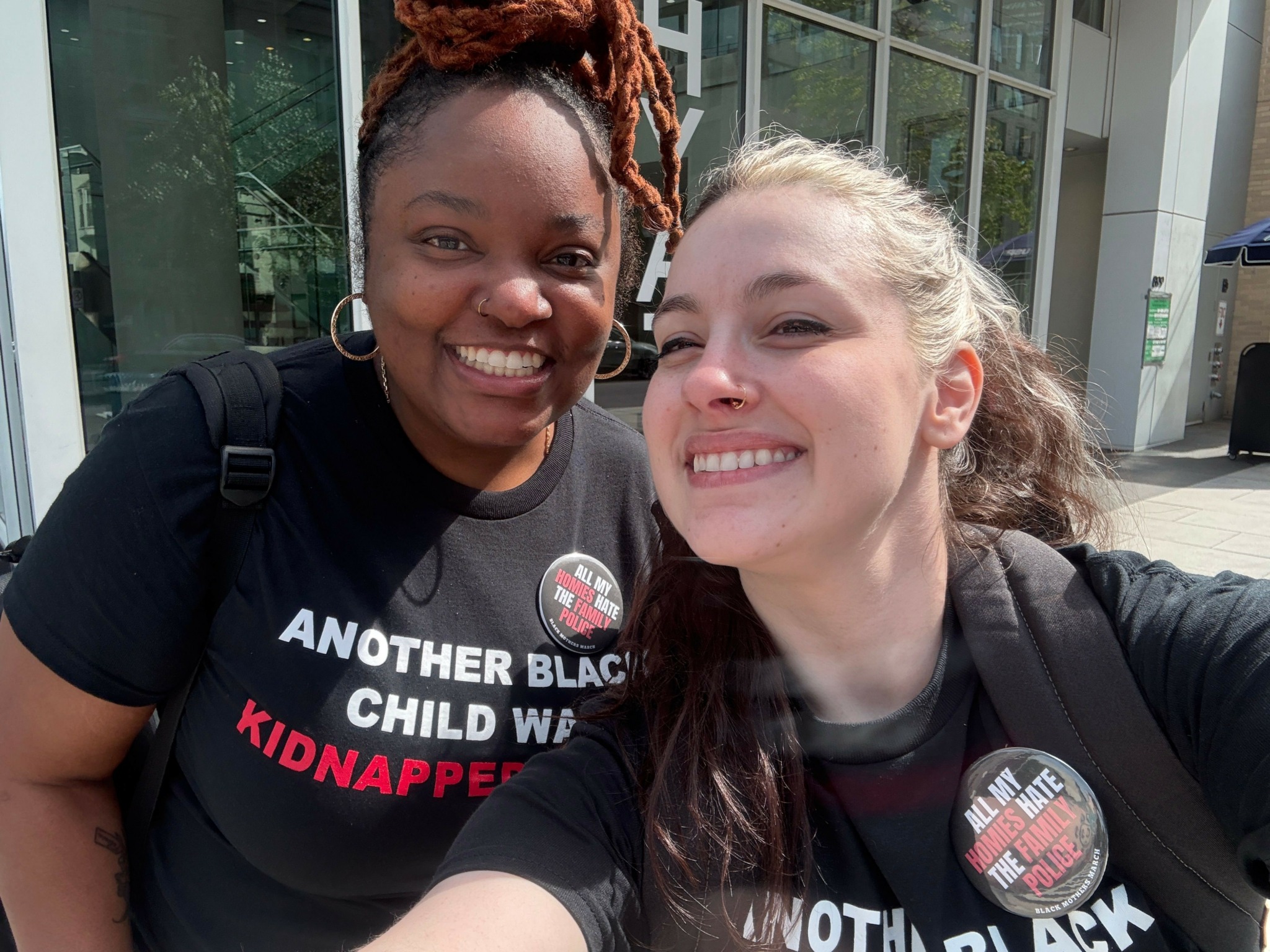
We’d love to hear a story of resilience from your journey.
For me, resilience has never looked like bouncing back quickly. It has looked like continuing on even when the world says you’re not supposed to exist, at least not in your full truth.
I was raised to believe that love was conditional, survival meant silence, and that being “grateful” meant hiding the pain and injustice of family separation. I spent years performing that gratitude, afraid that telling the truth would mean rejection, abandonment, or worse. But the truth never stopped living in my body.
Creating Adoptees Crossing Lines was a turning point. It was a risk, and it was also an act of reclamation. I’ve released episodes while grieving, while exhausted, while carrying the weight of being system impacted in a world that rarely makes space for us. Still, I keep going, not because it’s easy, but because I’ve been that person searching for something that reflected my own truth.
Resilience, to me, is choosing to tell the truth anyway. It’s building something honest, even if it’s raw or imperfect. And it’s trusting that your story has value, even when the world has tried to convince you otherwise.
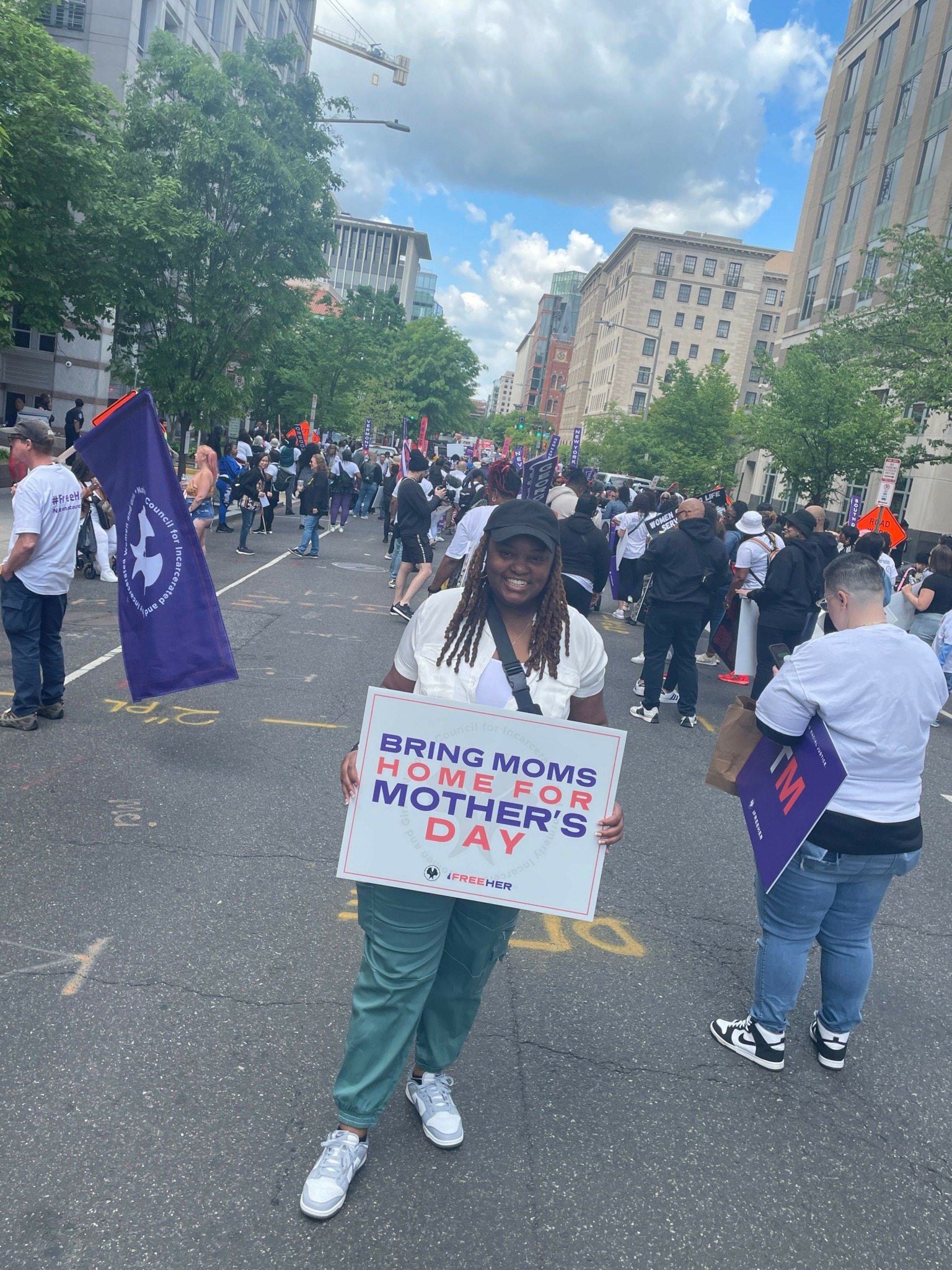
Is there mission driving your creative journey?
Yes. My mission is to expose the truth about adoption and family separation, to honor my mom, and to abolish the systems that uphold these violences.
This system killed my mom. And it tried to kill me too. Not just physically, but spiritually, through forced disconnection, surveillance, shame, and erasure. This podcast is one way I stay alive. It’s also one way I carry her with me.
Adoptees Crossing Lines exists because adoption is not what people think it is. It’s not love. It’s not safety. It’s not a second chance. It is a violent extension of the family policing system, a system rooted in slavery, white supremacy, and colonial control.
Adoption is genocide. The theft of children, the falsification of their names and histories, the severing of bonds under the guise of care, these are acts of erasure. They are tools of domination. Our struggle is deeply connected to Palestine, where families are being torn apart under an ongoing genocide. Like Fannie Lou Hamer said: nobody’s free until everybody’s free. Our freedom is bound up with theirs. The same logics that allowed this country to enslave Black people, to rip Indigenous children from their families, are alive today in adoption, foster care, ICE raids, and the criminalization of poverty.
My story is part of that global pattern. My mother was also stolen by the family policing system. I was separated from my family for over 20 years. My name was changed. My birth certificate was falsified, just like thousands of others, in a pattern that traces back to Georgia Tann and the black market baby trade. I had to pay to find my own family. I still don’t know my full medical history, and I don’t have legal access to my original records. If any other system produced documents this false, this erased, it would be called fraud. But in adoption, it’s standard.
I know what it means to be erased while being expected to smile. I know what it means to perform gratitude while carrying grief. And I know what it means to finally stop performing and tell the truth. This podcast is where I do that. It is not just a show, it’s a rejection of the lies I was raised on and a space to center those of us who were never meant to survive, let alone speak.
My commitment to abolition runs through every episode. I don’t believe in reforming systems that are functioning exactly as they were designed. The family policing system, like prisons, like ICE, like adoption, does not need better outcomes, it needs to be abolished.
I want people to understand that the separation of families is not accidental or rare; it is strategic, profitable, and deeply racialized. From Indigenous boarding schools to transracial adoptions to coercive terminations of parental rights, this is a long standing pattern of state violence disguised as care.
My mission is to name that violence, to mourn our losses, and to imagine something beyond it. I want to build a world where no one has to prove they’re worthy of keeping their children. Where community care replaces cages. Where grief is met with support, not punishment. And where adoptees and system impacted people are seen not as “resilient survivors” of these systems, but as visionaries, leaders, and truth tellers who have always known another way is possible.
That’s why I do this. That’s why I keep going.
Contact Info:
- Website: https://adopteescrossinglines.com
- Instagram: https://www.instagram.com/adopteescrossinglines/
- Other: Bluesky: https://web-cdn.bsky.app/profile/adopteecrossing.bsky.social
SubstackPodlink: https://pod.link/1651229727
Substack: https://adopteescrossinglines.substack.com/
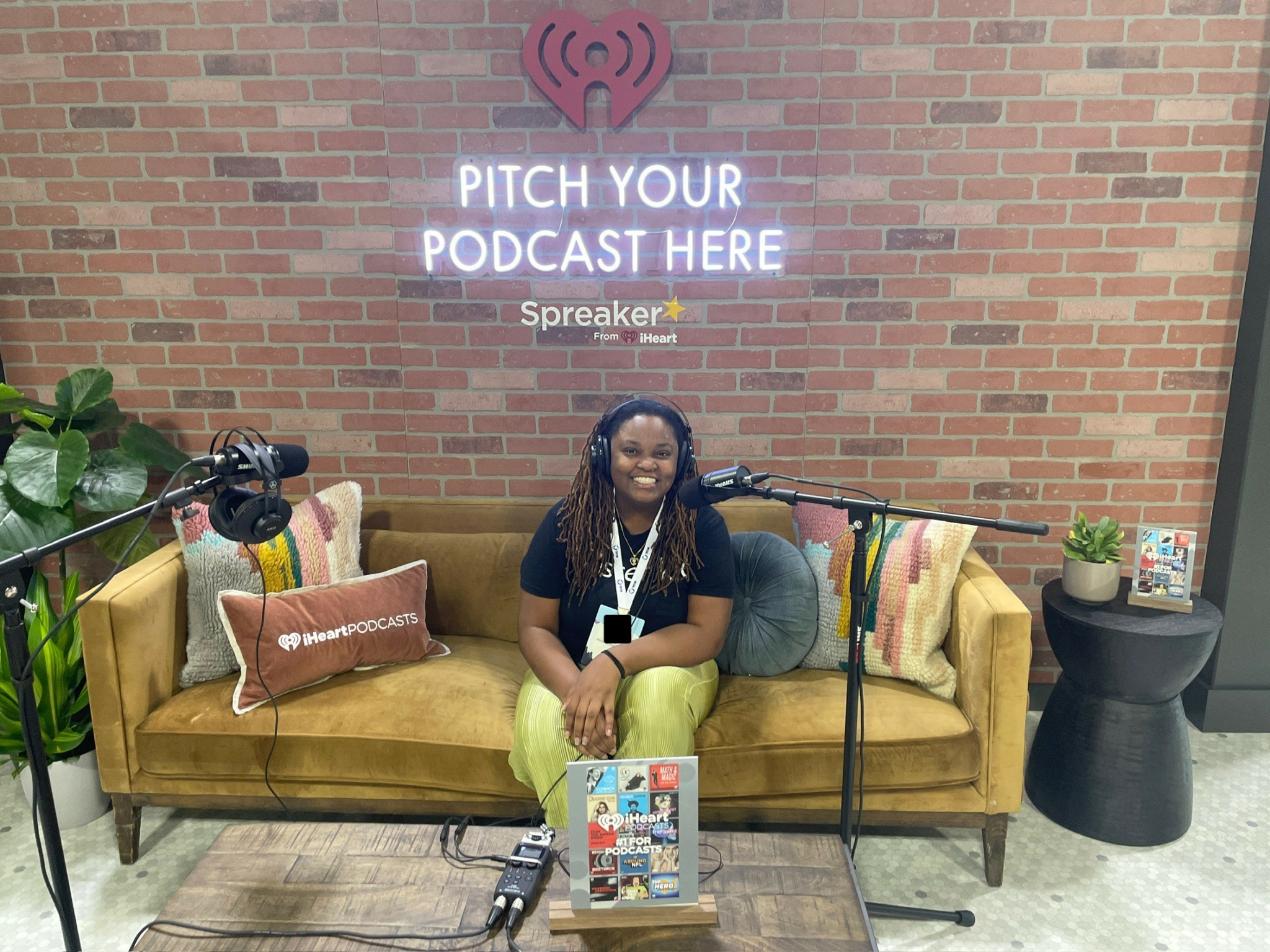
Image Credits
The first black and white photo was taken by Sarah Duggan.


